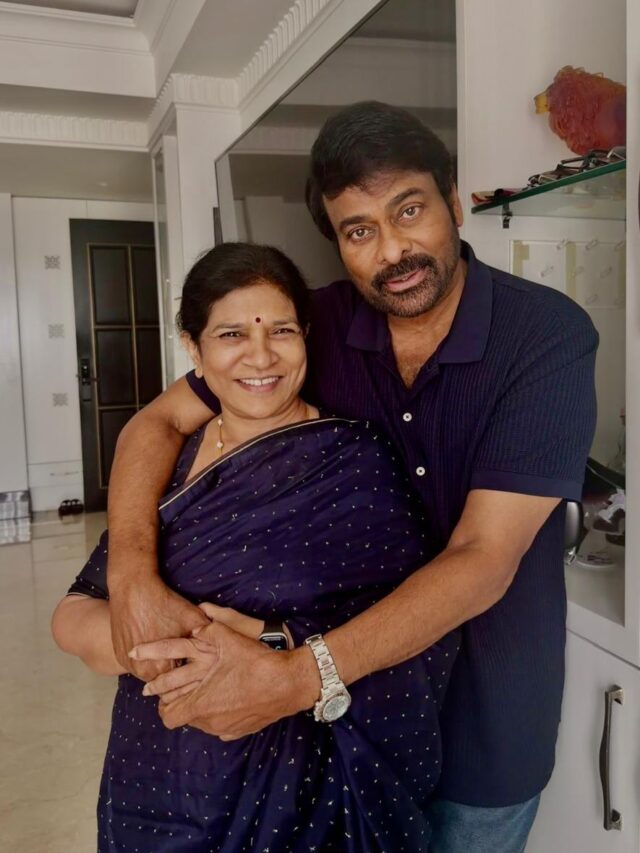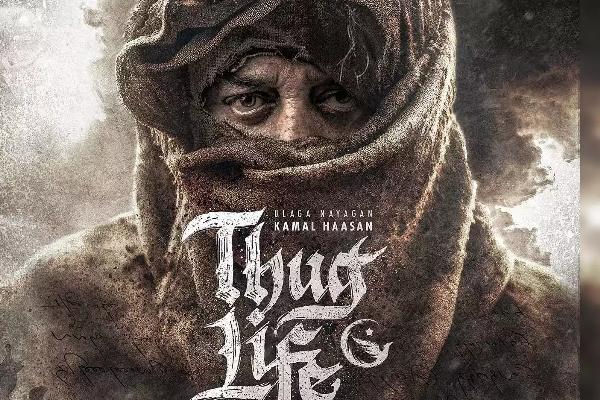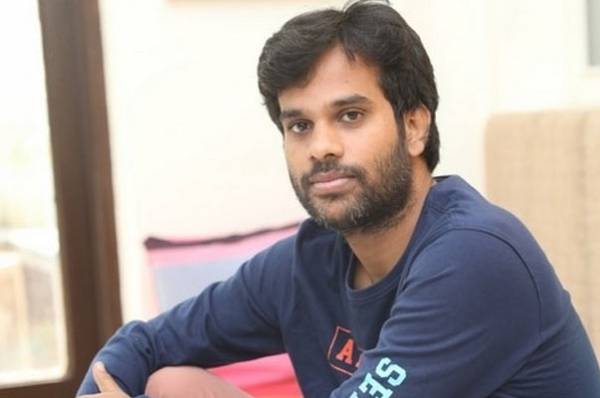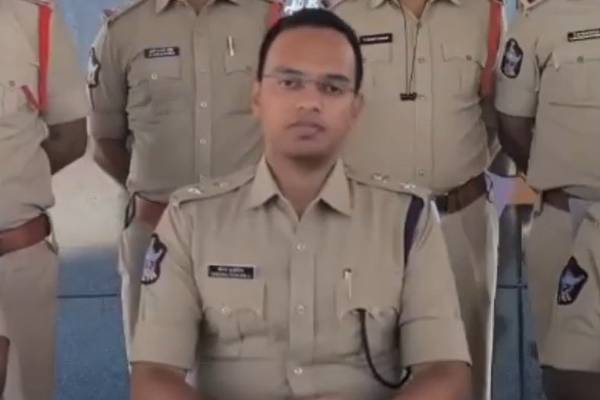On Tuesday, the Supreme Court released a statement regarding the prohibition on the release of Kamal Haasan’s Tamil film Thug Life in Karnataka. The court condemned the groups that aimed to halt the film’s release due to alleged controversial statements made by the actor. It emphasized that mob intimidation cannot dictate the enforcement of the law and asserted that “groups of thugs” should not determine the films shown in cinemas. The bench stated, “If someone makes a comment, respond with another comment. You cannot resort to threats of violence against theatres”.
Additionally, the court acknowledged the right of the people in Karnataka to disagree with Haasan’s remarks, yet insisted that basic rights must be safeguarded. “If the thoughtful citizens of Karnataka and Bengaluru believe his comments were inappropriate, they have the right to express that. Why resort to threats against cinemas?” The Supreme Court took over the appeal made by the film’s producer from the Karnataka High Court and directed the state government to provide its response. The court raised questions about the High Court’s involvement, particularly regarding any recommendations for the actor to apologize to settle the matter. “It’s troubling when one individual makes a remark and it escalates to widespread involvement. What justifies the High Court suggesting an apology? That is beyond its function,” stated the court.
The court insisted that once a film obtains clearance from the Central Board of Film Certification (CBFC), it should be permitted to be released. “People can opt not to view it. However, we cannot permit threats and coercion to dictate whether a film is shown,” the court remarked. Furthermore, the court referenced previous verdicts, including the Bombay High Court ruling concerning the Mi Nathuram Boltoy play and the Imran Pratapgarhi case, supporting the notion that differing opinions should be permitted in a democratic society. Emphasizing its role, the court concluded, “We are the guardians of the rule of law. That is the purpose of the Supreme Court”.



































